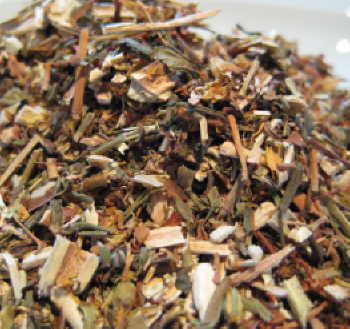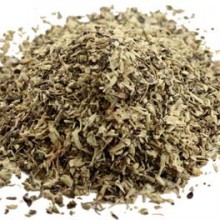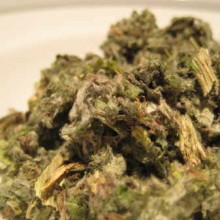St John’s Wort (Hypericum perforatum) has been used for centuries to treat mental disorders and nerve pain. In former times, herbalists wrote about its use as a sedative and a treatment for malaria, as well as a balm for wounds, burns, and insect bites.
Traditional Uses for St John’s Wort:-
Today, St. John’s Wort is used by some for depression, anxiety, and/or sleep disorders.
St. John’s Wort may cause increased sensitivity to sunlight. Other side effects can include anxiety, dry mouth, dizziness, gastrointestinal symptoms, fatigue, headache, or sexual dysfunction. Research has shown that St. John’s Wort interacts with some drugs. The herb affects the way the body processes or breaks down many drugs; in some cases, it may speed or slow a drug’s breakdown.
History of St John’s Wort:-
Its name Hypericum perforatum, has special meaning. Derived from the Greek, it means “over an apparition”, referring to its power to ward off evil spirits.
The first century Greek physicians Galen and Dioscorides recommended Hypericum perforatum as a diuretic, wound healing herb, and a treatment for menstrual disorders. In the sixteenth century Paracelsus, who ushered in the era of mineral medicines, used Hypericum perforatum externally for treating wounds and for allaying the pain of contusions.
When the fresh flowers are crushed, they exude a blood-red juice, which stains the fingers blue-violet.






